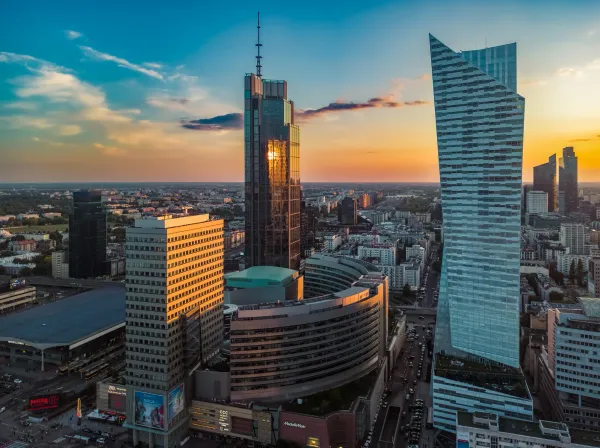
Hungary secured EUR 1bn loan from China
Hungary has borrowed EUR 1bn (approximately USD 1.1bn) from Chinese banks earlier this year, according to the country’s debt management agency, AKK, local business website Portfolio reported, based on public data.
The loan, taken on 19 April, is a 3-year, floating-rate agreement with the China Development Bank, the Export-Import Bank of China, and the Hungarian branch of Bank of China Limited aimed at supporting infrastructure and energy projects. It was not publicly announced by the Hungarian government.
Cash-strapped Hungary at loggerheads with EU
Hungary currently has a deficit of 4.5% of GDP—well above the EU’s recommended 3% limit, exacerbated by the European Commission freezing around EUR 20bn in EU funds over Hungary’s adherence to the bloc’s standards. Hungarian Prime Minister Viktor Orban, whose country currently holds the rotating presidency of the EU, has frequently clashed with the EU over rule-of-law issues. The EU has also initiated an “excessive deficit procedure” against Hungary and 6 other member states.
Orban has championed an “Eastern Opening” foreign policy since his return to power in 2010, seeking closer economic ties with China, Russia, and other Asian countries. This has led to a significant influx of Chinese investments, particularly in the battery and electric vehicle manufacturing sectors, with around EUR 15bn worth of ongoing projects reported by the Hungarian government.
China increasingly closer ally for Hungary
Chinese President Xi Jinping’s visit to Budapest in May, during the final leg of his European tour, and Orban’s subsequent trip to Beijing underscore the deepening ties between the two nations, which China has given the rare “all-weather status” awarded to only a handful of countries, including Russia and Pakistan. The partnership includes projects such as the high-speed rail link between Budapest and Belgrade, financed by a USD 917mn loan from Beijing. However, this project, part of Xi’s global Belt and Road infrastructure initiative, has faced delays.
Hungary’s lack of transparency and increasing reliance on Chinese financing have raised questions about Orban’s long-term economic strategy, and the implications of this for Hungarian-EU relations.





